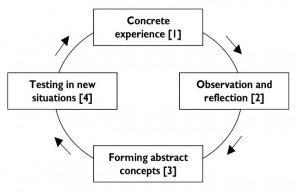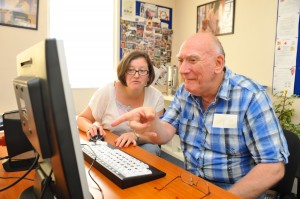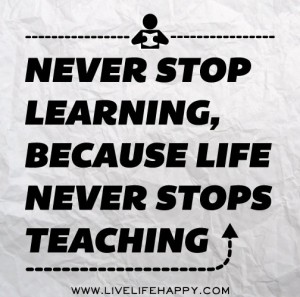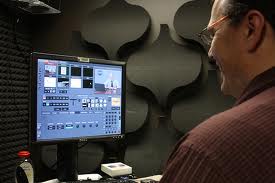 Even if one did not manage to complete high school – for whatever reason – adult learning classes are becoming increasingly accessible. No matter how “old” one is, they are never too old to get an education. From practical, vocational studies to the more academic ones, institutions around the world are offering adult learning opportunities, irrespective of age, skill, background, etc.
Even if one did not manage to complete high school – for whatever reason – adult learning classes are becoming increasingly accessible. No matter how “old” one is, they are never too old to get an education. From practical, vocational studies to the more academic ones, institutions around the world are offering adult learning opportunities, irrespective of age, skill, background, etc.
Often such programs take place in what is known as an “extension” school or a “school of continuing education.” One advantage adult students have over their childhood counterparts is their life experience. Bringing this into the classroom gives the environment a whole added dimension. Plus, given that – at least in most cases – adults are choosing to be educated (rather than being forced as is the case with children), they are often more open to sucking up knowledge from the classroom. Or, they are extremely excited to be able to pick up a new skill in the classroom that can help them in the workforce.
At the end of the day, one can never be too old to learn. Indeed, according to The Daily Mail in July of 2008, war veteran Colonel Michael Cobb, of Plymtree, Devon, was said to have been the oldest person (to date) to get a PhD by creating an atlas which records and maps the railway stations built in Britain between 1807 and 1994.




